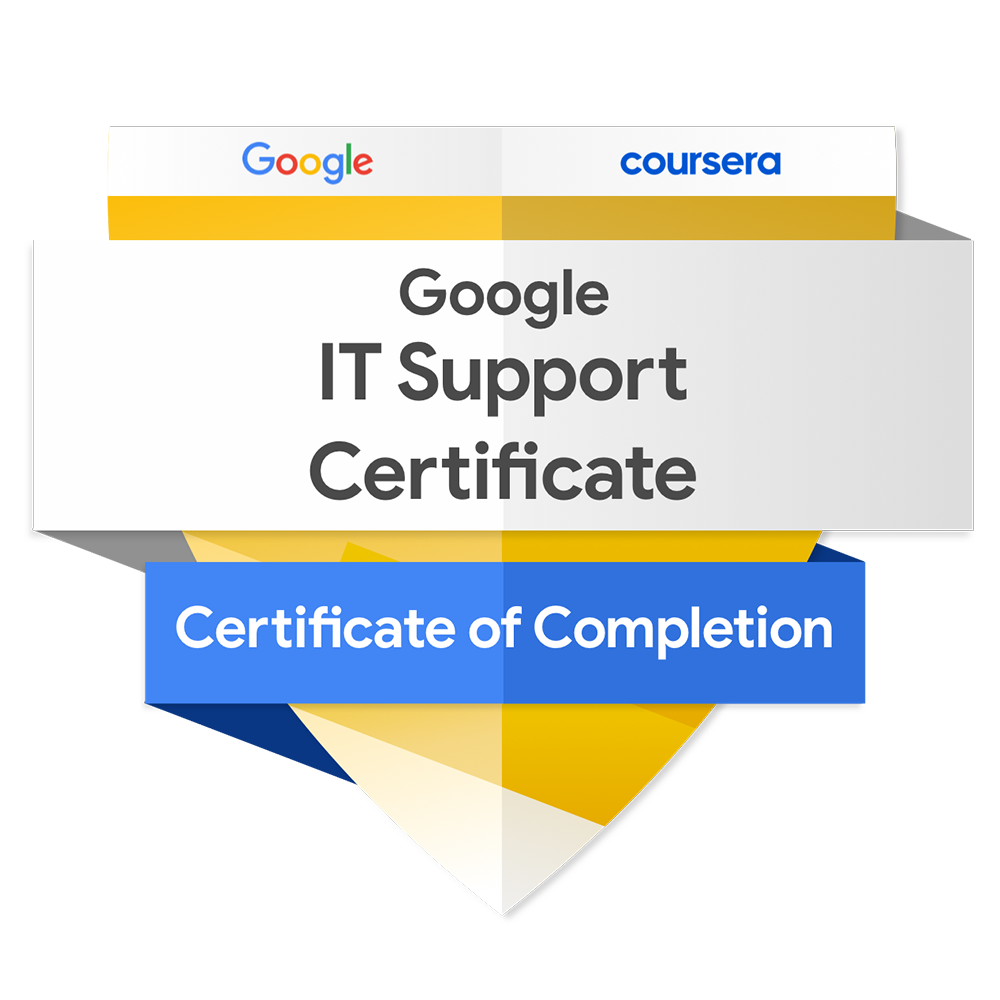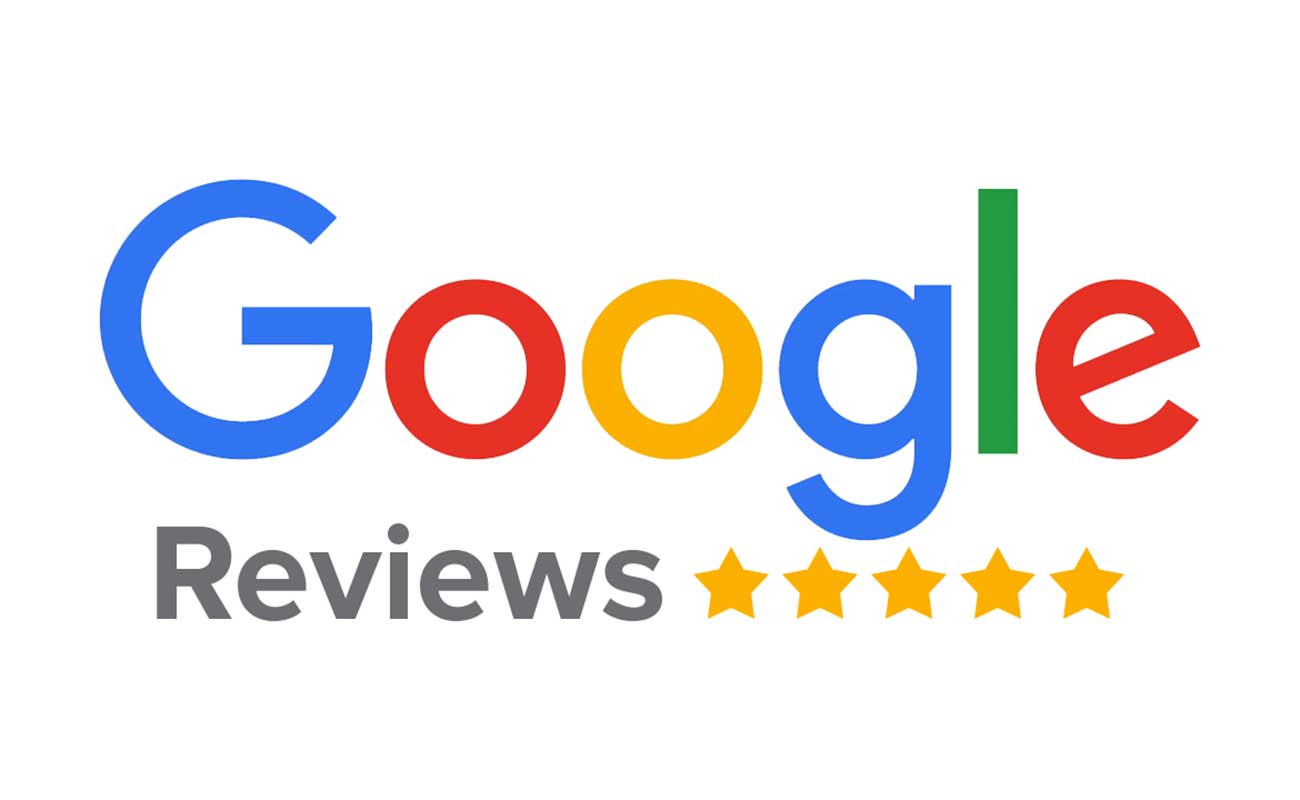Open Source Software
According to Gartner’s research of IT professionals in organizations, it shows that over half had adopted open source software for their specific tasks or projects. Many businesses are satisfied to follow the open source system. A further 21% were evaluating the suitability of using freewares in their organisation. Companies in IT department have attributed lower licensing costs as the main reason for turning to freewares. Moreover, they offer flexibility, rapid application development, faster procurement, sophistication and higher return on investment. The popular OS tools include Linux OS, BSD, Apache, MySQL and PostgreSQL, Amazon Cloud services and many more. Open source software has dominated mobile operating systems & applications and are popular for their free downloads.
Features
- Open source softwares are aimed at solving specific problems businesses are encountering, particularly those on the web
- Access to source code
- Ability to customise the code to support specific features or processes
- Lower cost, optimization and flexibility
- Maintenance, support costs and risks involved
- Shorter application development time and faster procurement
- Community code review is an important benefit
- Bug fixes superior
- Lack of vendor professional services
- IP protection questionable
- Security and code quality
- Market acceptance gained
- Professional services and automated updates are easily available
- Ability to accomplish everything that proprietary software can do
Developers can native mobile apps for iPhone, iPad and Android using the framework as the backend. We can create mobile-enabled websites and convert website to mobile app using the device-specific features like GPS, Accelerometer, Camera, etc.
Proprietary Software
Proprietary software is used by companies using licence agreement with the supplier for installing the software having certain terms and conditions for usage. Proprietary software requires annual payment of licence fee at a percentage of software cost. Companies has to turn to the original vendor for product changes and limits them on using the software without providing flexibility and customization. This is not the case with freewares where businesses can customize the software according to business requirements. Classic examples of proprietary packages are Microsoft Windows and Unix.
Features
- Source code is not released to the public
- Easier to adopt- captures a moment in time, but one that is also in retreat
- Expensive and hard to justify maintenance expenses and often found wasteful
- Major system integrators like Accenture, Unisys, CSC, Oracle are rapidly expanding their expertise to cover open-source databases, middleware and applications.
- IP protection is not good
- No distinct advantage over security and code quality
Conclusion
There are a variety of factors to be worked out for determining the right strategy for CMS, whether an open source or proprietary solutions or a hybridized software with each having their own advantages. However, small and medium businesses can choose open source software such as Drupal or WordPress to suit their own business model without any risk. They are fully customizable, scalable, secure and provides enterprise-level experience.














